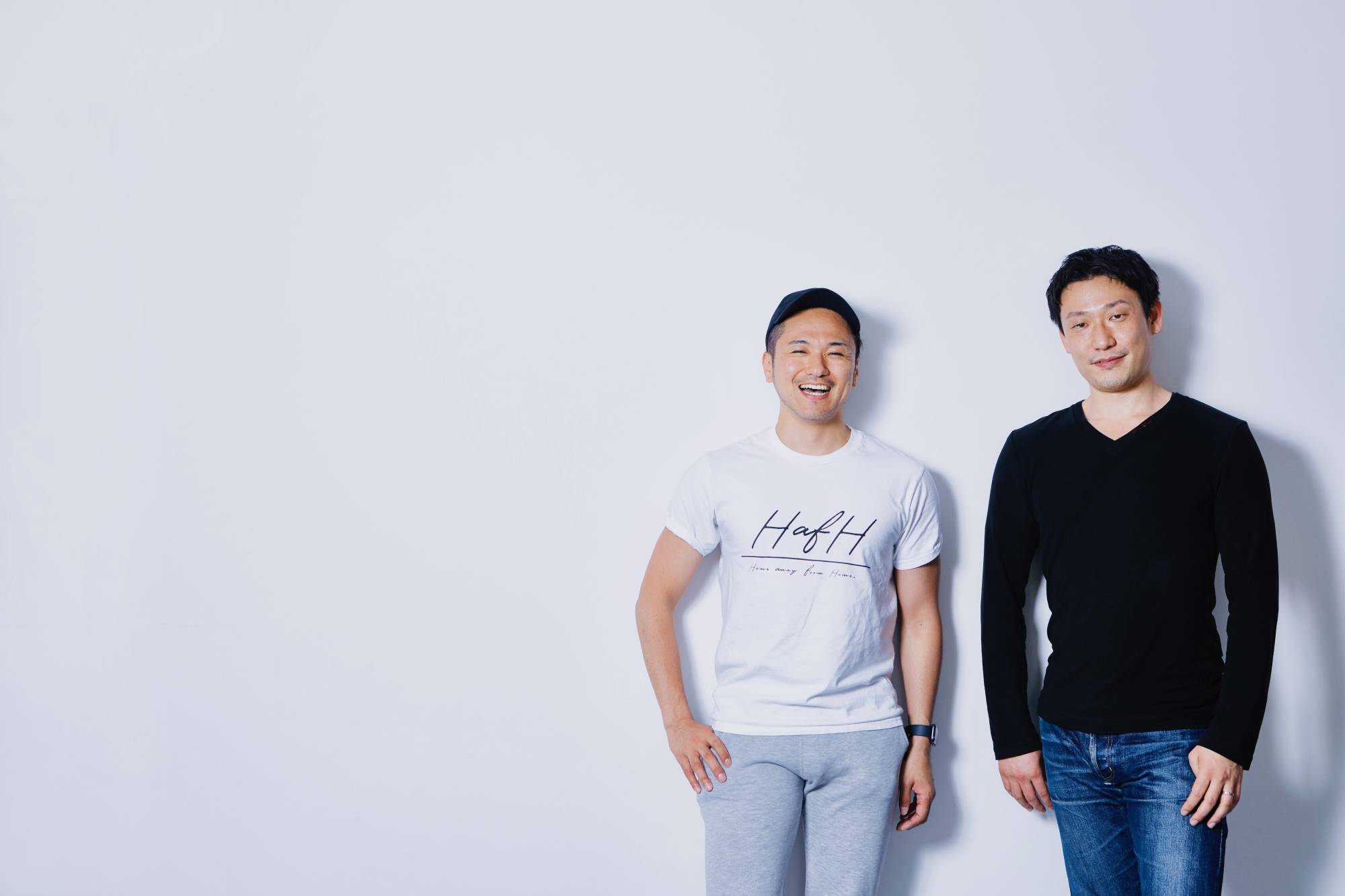Ryo Osera, 39, and Kenji Sunada, 38, are the co-founders of KabuK Style, a Nagasaki-based startup that launched its subscription travel service, HafH (Home Away from Home) in 2019. HafH lets travelers pay a monthly fee to book stays in a network of hotels, Japanese-style inns and hostels as well as booking domestic flights with Japan Airlines.
1. How did you come to start KabuK Style and HafH (Home away from Home)?
Osera: I’m originally from Nagasaki. I worked at Dentsu and focused on community-building projects like the Nagasaki Archive. In 2019, I saw the opportunities in remote working and decided to go all in by creating KabuK Style with Kenji Sunada.
















With your current subscription plan you can comment on stories. However, before writing your first comment, please create a display name in the Profile section of your subscriber account page.